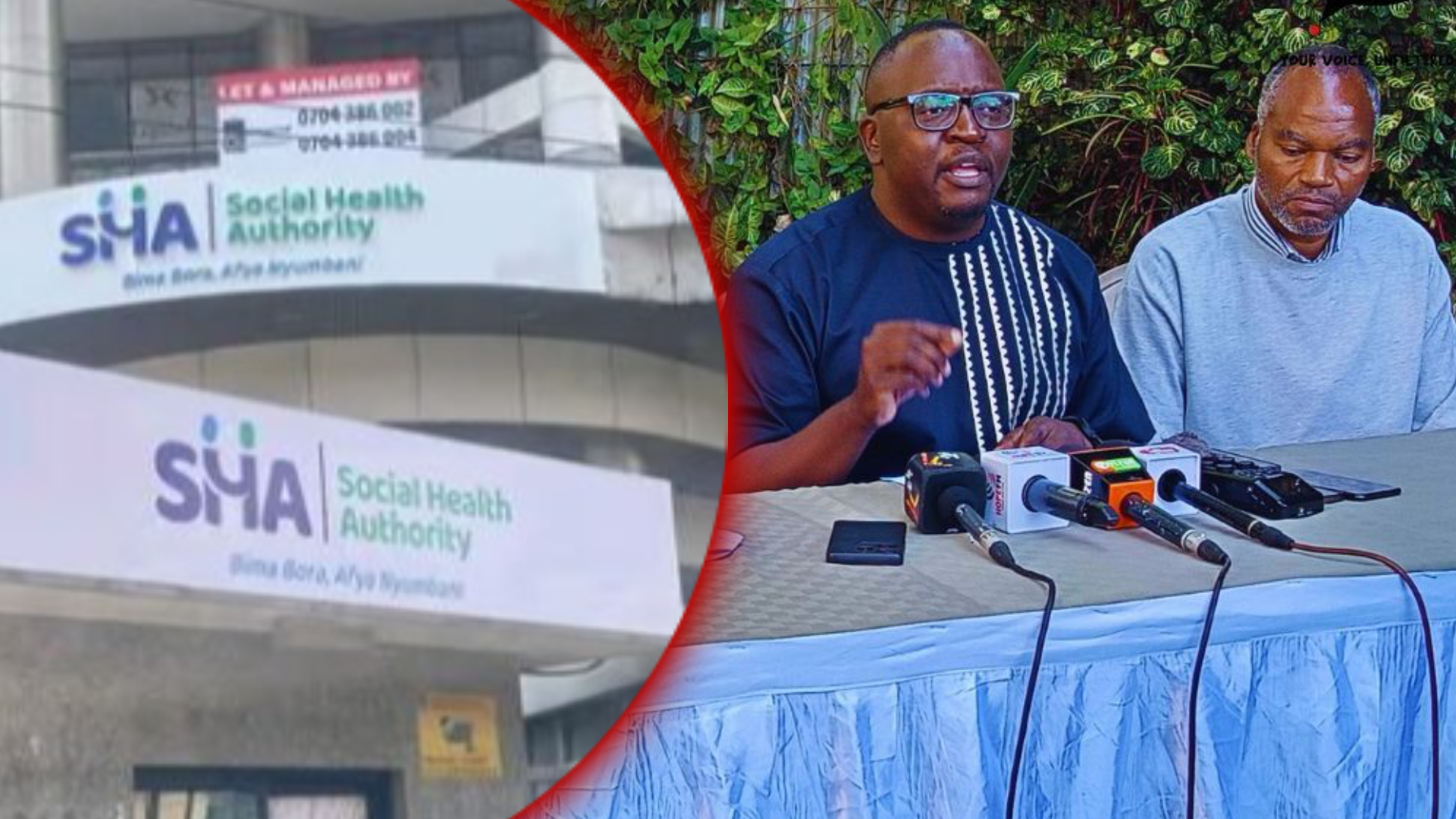Kenya’s private hospitals have announced plans to suspend Social Health Authority (SHA) services starting Monday, citing unpaid NHIF arrears, an unworkable outpatient reimbursement model, and government inaction in addressing persistent challenges.

Speaking at a press conference on Thursday, the Rural and Urban Private Hospitals Association (RUPHA) Chairperson Brian Lishenga said the ongoing system glitches and mounting arrears have led to staff losses in many health facilities.
“The relevant authorities have ignored the challenges facing this new healthcare system, putting patients’ lives at risk and threatening the survival of hospitals due to weak service provision,” Lishenga said.
He revealed that hospitals have been struggling with unpaid debts dating back to 2017, which has led to bank defaults, stockouts of essential medicines, and years of non-payment of consultants.
“Without urgent intervention, teachers and police officers will be left without quality healthcare,” he added.
Demands for Urgent Action
RUPHA is demanding that the government settle the Sh30 billion NHIF arrears in full. The association is also calling for a revision and streamlining of the SHA outpatient reimbursement model to ensure that facilities are adequately compensated.
Additionally, RUPHA wants the government to guarantee fair and timely payments under Medical Administrators Kenya Limited (MAKL), which manages medical schemes for police officers and teachers.
Lishenga noted that 54% of hospitals have not received payments from SHA, while 89% of facilities have reported failures in the SHA portal. He further stated that 83% of hospitals struggle to verify patient eligibility due to frequent system glitches.
As a result, from Monday, patients seeking treatment at private hospitals will be required to pay in cash, as SHA services will no longer be accepted until the government meets the association’s demands.
SHA Struggles and Government Response
Since its rollout in October 2024, SHA has faced numerous challenges, with Kenyans expressing frustration over inefficiencies and system failures. The most significant issues include prolonged system downtime, delays in One-Time Password (OTP) verification, and an inability to track claim approvals.





